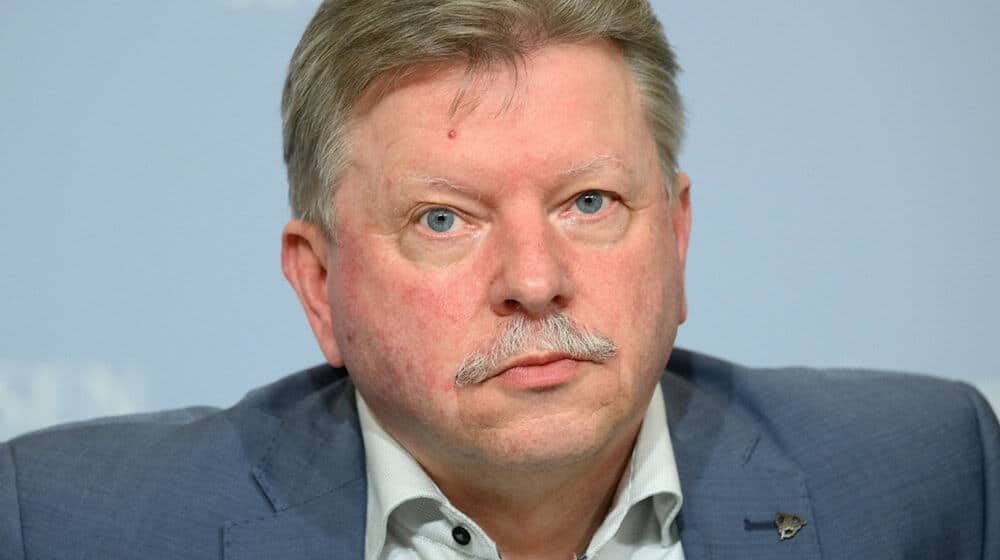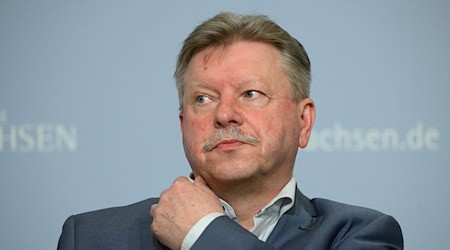The dispute over municipal finances in Saxony is coming to a head. Following inconclusive talks between the top municipal bodies and Finance Minister Hartmut Vorjohann (CDU) on financial equalization for the years 2025 and 2026, the Saxon Association of Cities and Towns (SSG) and the Association of Counties (Landkreistag) had strong words on Friday.
"Without a significant improvement in financial allocations, the high cost increases for cities and municipalities over the next two years cannot be managed. The solutions discussed fall far short of municipal expectations," explained SSG President Bert Wendsche. In addition, the Minister of Finance had not submitted a proposal to dynamize the state daycare flat rate.
Landrat Henry Graichen put the structural deficit of the districts in the years 2025 and 2026 at a total of 833 million euros. This is mainly due to increases in social spending, which will also affect the independent cities. "We are disappointed that no solution for the dramatically increased structural burdens on the rural districts has been put on the negotiating table so far."
The basis for the talks was the Ministry of Finance's draft for a municipal financial equalization law for 2025/2026. "The draft even provided for a significant reduction in financial equalization funds for Saxony's municipalities. Despite intensive negotiations, the state side was not prepared to make the necessary improvements," the top committees announced and demanded a significant improvement.
The district council of the Vogtland district meanwhile caused a stir. At its meeting on Thursday, the majority of members rejected the supplement for the 2024 social budget. The district councillors were asked to approve an increase in social transfer payments of almost 22.5 million euros for expenditure in the social and youth welfare office. As this is mandatory expenditure, District Administrator Thomas Hennig (CDU) had to object to the decision by law. Within four weeks, the district council has to decide on this again.
Vogtland District Administrator Thomas Hennig (CDU) described the rejection in the district council as a "political signal to federal politicians". "The music is ordered in faraway Berlin and the local people are supposed to pay for it. Due to the misguided social and migration policy, the Vogtland district and all other districts in Saxony have budget deficits in the mid double-digit million range. Sooner or later, this will lead to the collapse of the municipal budgets."
The Vogtland district has a total budget of around 700 million euros for the 2023/24 double budget. According to the plan, social benefits should account for around 270 million euros. In reality, around 310 million euros will now be spent in the two financial years. The increases are the result of higher costs for integration assistance, care assistance, child-raising assistance, advance maintenance payments, reimbursements to health insurance companies for Ukrainian refugees and citizens' benefits. The predicted cost increase had already led to a budget freeze in the Vogtland district at the beginning of May.
Copyright 2024, dpa (www.dpa.de). All rights reserved










